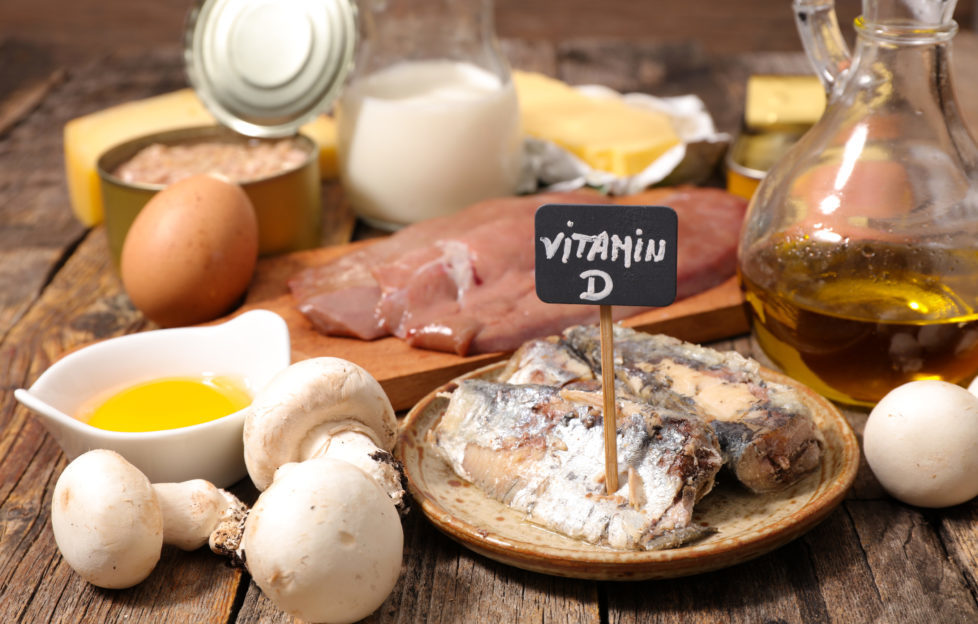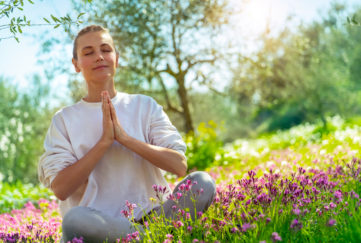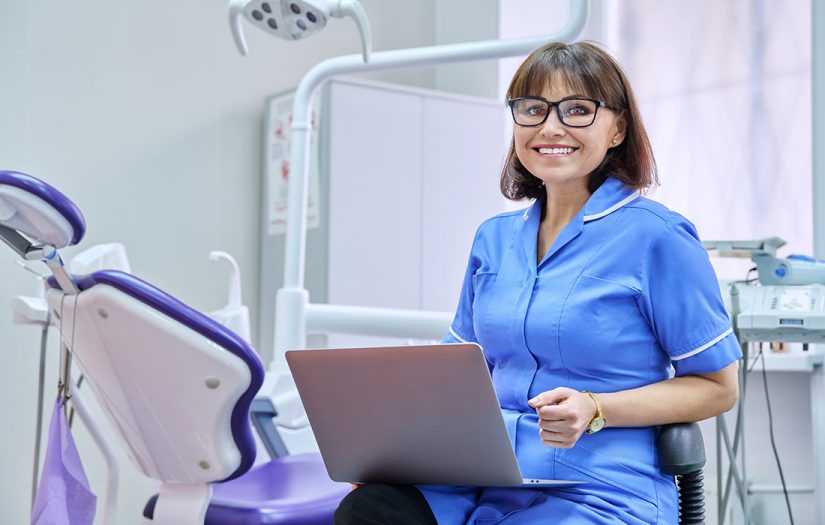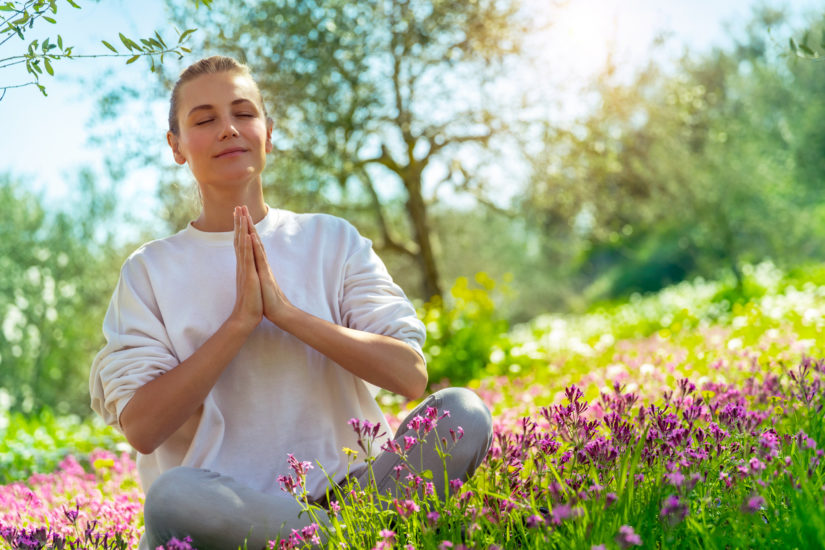Sunshine Vitamin On The Wane

It’s great getting out and about for autumn walks, as long as you’re wrapped up against the elements. However, there’s not enough sun in the colder months to provide us with sufficient levels of vitamin D.
The NHS say that in the UK sunlight doesn’t contain enough UVB radiation from October through to early March for our skin to be able to make vitamin D, so during these months, we rely on getting our vitamin D from food sources (including fortified foods) and supplements.
Telltale Signs
Nutritionist, Alix Woods, gives these seven telltale signs which may indicate you are lacking in vitamin D, also known as the sunshine vitamin.
- Feeling tired and fatigued are often signs of low vitamin D levels. A blood test can be done to confirm any possible deficiency.
- As a result of low vitamin D, immune function may be below par and the incidence of illness and infections can be more frequent, with recovery times being longer than normal.
- A common sign of lacking in vitamin D can be if you get frequent bone, back and muscle aches.
- Bone loss may occur because vitamin D is required for the proper absorption of calcium, the primary bone mineral.
- Hair loss may be due to low vitamin D as this vitamin is required to stimulate hair follicles, which encourage hair growth.
- Slow wound healing may also be a sign of a lack of vitamin D.
- Depression can be linked to low vitamin D, as it is required for the production of our mood enhancing hormone, serotonin.
A Natural Source
“Few foods naturally contain vitamin D,” Alix explained. “Some fungi such as mushrooms are a natural source of vitamin D2, while foods such as oily fish (such as salmon and mackerel) and egg yolks contain vitamin D3. But in the UK, a large proportion of the population is coming up short.
“To make sure you’re getting your daily dose of vitamin D, you could try a supplement, such as Sense* for Busy Lives Superfood Powder (35g, £6.99, Boots), which also contains an array of other vitamins.”
If you are taking medication and are unsure whether you should be taking supplements, it’s worth having a chat with your local pharmacist or GP. Always read the label carefully before using.










